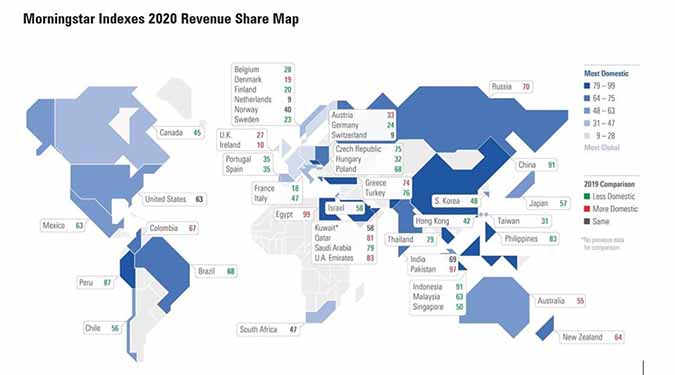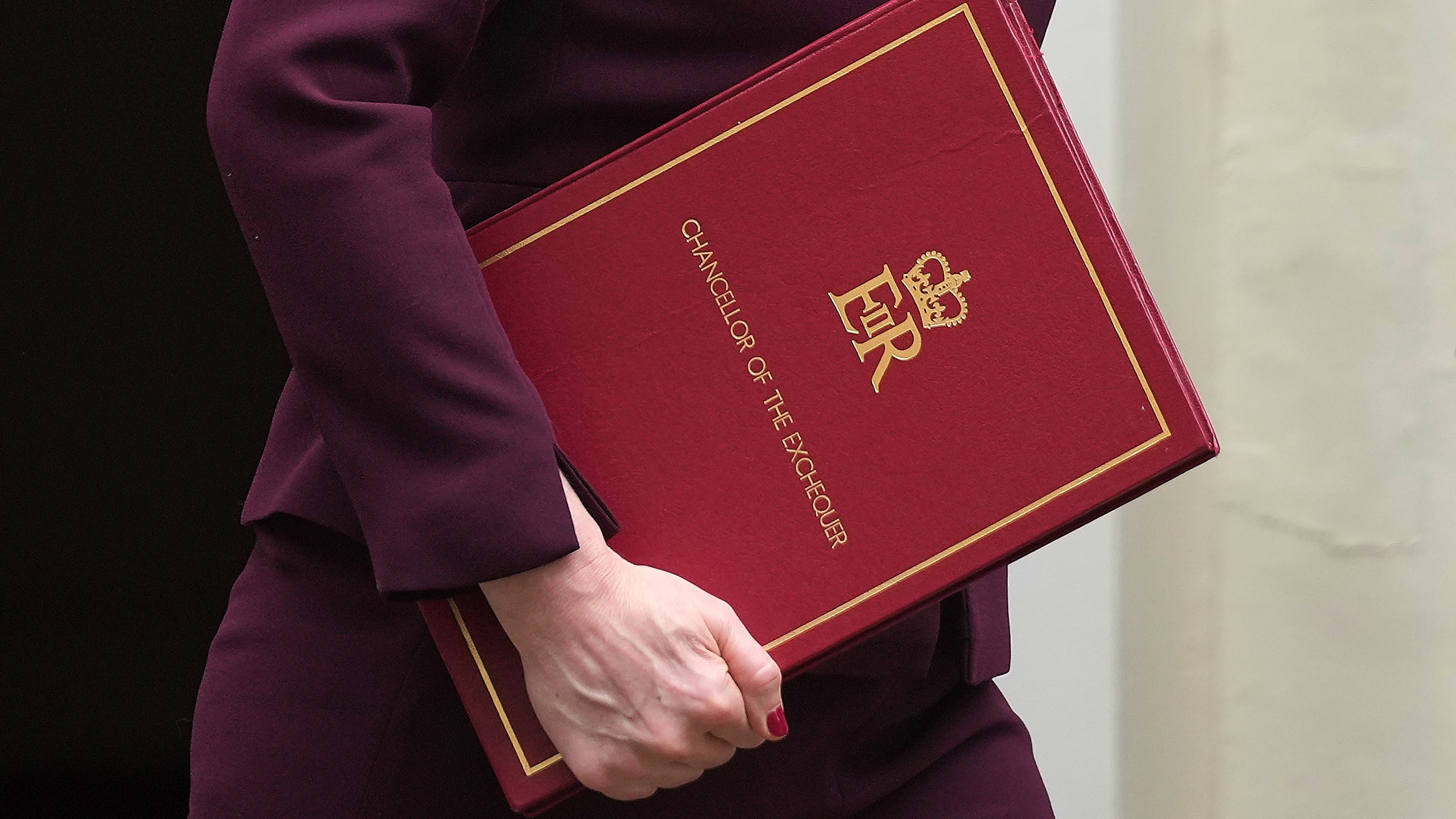Holly Black: Welcome to Morningstar, I'm Holly Black, with me is Juliana Hansveden, she is Manager of the Nordea Emerging Stars Equity Fund. Hello.
Juliana Hansveden: Hello, Holly.
Black: So, do you want to tell us briefly what the fund does?
Hansveden: Absolutely. The Emerging Stars Equity Fund is a high conviction emerging markets fund that combines a holistic assessment of each company, including a lot of emphasis on ESG and material ESG factors that can impact companies both in terms of opportunities and risks.
Black: And are there particular sectors where you're finding opportunities at the moment?
Hansveden: Absolutely. So, the fund aims to identify missed pricings in value creation that come from the market being quite short-sighted. So, we believe the market is inefficient in the medium to long-term, but actually quite efficient in the short-term. That means we typically look for companies that have some growth opportunities, and we do have a growth bias. And at the moment, we find plenty of opportunities in a couple of different areas; one is around sustainability. So around, for example, the adoption of EV batteries, or other decarbonisation – the themes. We also find opportunities in other parts of the IT sector as we see China looking to become more productive with a gradually shrinking working population.
And finally, due to the recovery, following the pandemic, we find opportunities in the financial space, because many companies here – insurance companies as well as banks and other financial companies have typically struggled during the pandemic, as they might have faced more bad loans, or in the case of the insurance companies, they haven't been able to sell policies as effectively. And so that is another area where we have been adding to and finding – and found new names that, we believe, have recovery potential.
Black: And if we think about things geographically, obviously, China is a huge part of the Emerging Markets Index, but are there smaller countries that you're finding opportunity in?
Hansveden: Yeah, we actually find opportunities pretty much across the board in emerging markets. So, if you look at, what – because we have a bottom-up driven process, we do deviate – we can deviate quite a bit, and we're free to deviate from the benchmark, of course, being an active fund. But the result of our bottom-up selection, actually, is that we don't deviate that much on a country level. And that is because we find opportunities not only in China, which is actually one of the underweights we have, but it's a small one, we also find opportunities in places like Korea, and Taiwan, Indonesia, Brazil, and Chile, and Russia and Hungary, just to mention a few emerging markets.
So, it actually is quite spread out. And that is because typically, quality growth companies, companies that have management teams focused on value creation can be found everywhere. And growth drivers don't need to be all top down. So, it can also be some companies have the internal drivers that allow them to grow to gain market share. So, even if a country has a, maybe slightly lower GDP growth outlook than another, it doesn't mean that that country doesn't have opportunities bottom up.
So, generally speaking, what drives the alpha of the fund is stock selection and not so much country selection.
Black: So, you listed a whole range of countries there, and they are at varying stages of their recovery, both in terms of vaccine roll out and economies and you have to bear that in mind, even if you are looking at things from a bottom-up perspective?
Hansveden: We do, we do. And although we are bottom-up, there will be many cases where macro or other external factors actually play an important role. So, in those cases, of course, our bottom-up stock investment cases will have a significant portion of macro or external analysis. And in terms of the pandemic, specifically, I would say that because we tend to go for longer term growth and drivers that outlast things like this pandemic; and also because we tend to go for quality, so strong balance sheets, good management teams, strong ESG profiles. Actually, there haven't been that many of our companies that have seen that big an impact from the pandemic on the negative side, where we decided to make a significant change in the portfolio because the trajectory of the pandemic has deteriorated.
For example, like we've seen recently in India, although that's thankfully seems to be past the worst right now, but that actually didn't result in us having to reduce our Indian exposure because of our high-quality companies there.
So, thankfully – thanks to the philosophy and style and our process we have avoided getting hit in a way by the trajectory of the pandemic and because it comes and goes in different countries like you say it's not very predictable.
Black: Juliana, thank you so much for your time. For Morningstar, I'm Holly Black.



























